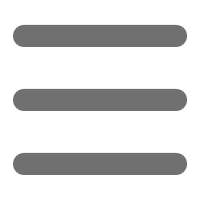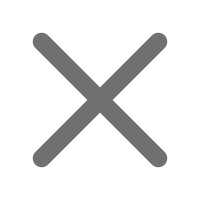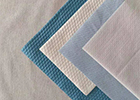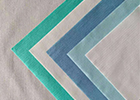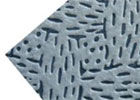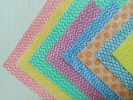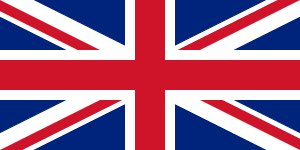Wholesale Nonwoven Fabric: Enhancing Shop and Restaurant Wiping Solutions
Introduction
Wholesale nonwoven fabric is widely used in the cleaning industry and is gaining popularity due to its durability and cost-effectiveness. Nonwoven fabric is made of fibers that are bonded together through mechanical, thermal, or chemical processes, and it does not require weaving or knitting. The fabric is used in numerous applications, such as disposable wipes, hygiene products, medical textiles, and filtration media.
What is Wholesale Nonwoven Fabric?
Wholesale nonwoven fabric is a type of nonwoven fabric that can be purchased in bulk at a discounted price. It is available in various weights, sizes, colors, and textures, and can be used for different purposes, such as industrial cleaning, household cleaning, and personal hygiene. Nonwoven fabric is preferred over traditional woven fabric because of its superior strength, absorbency, and resistance to wear and tear. It is also more eco-friendly since it can be recycled and doesn't create lint when used.
Importance of Wholesale Nonwoven Fabric in Shop and Restaurant Wiping Solutions
Wholesale nonwoven fabric is increasingly used in shop and restaurant wiping solutions due to its excellent cleaning properties and cost-effectiveness. Its absorbent surface quickly removes dirt, grime, and spills without leaving streaks or fraying. The fabric can be pre-treated with cleaning agents or disinfectants, making it ideal for cleaning surfaces that require high levels of cleanliness, such as kitchen counters, dining tables, and glass displays.
A comparison between wholesale nonwoven fabric and traditional woven fabric shows that nonwoven fabric has better absorption capacity, lint-free properties, and is more durable. When used for cleaning, nonwoven fabric reduces the amount of cleaning fluid required, saving costs for the shop or restaurant. Moreover, it is available in multiple colors and sizes, making it customizable to the business's needs and branding.
In conclusion, wholesale nonwoven fabric is a versatile and cost-effective solution for shop and restaurant wiping needs. Its superior cleaning properties, eco-friendliness, and customizable options make it an ideal choice for businesses looking to streamline their cleaning process while maintaining high cleanliness standards.
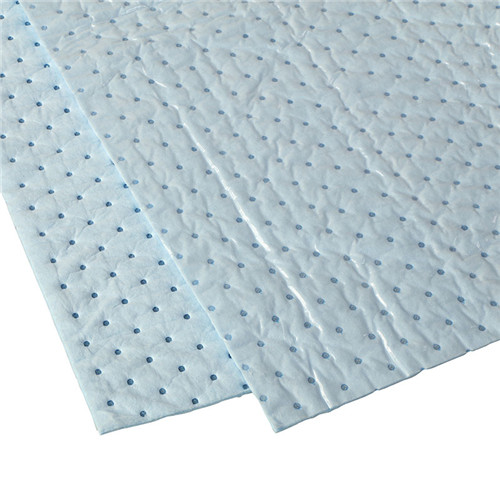
Advantages of Wholesale Nonwoven Fabric
Wholesale nonwoven fabric is becoming increasingly popular in the cleaning industry due to its numerous benefits. This section will explore the advantages of using wholesale nonwoven fabric for shop and restaurant wiping solutions.
Cost-effective Solution
Wholesale nonwoven fabric can be purchased in bulk at a discounted price, making it a cost-effective solution for businesses. Its durability and excellent cleaning properties also reduce the amount of cleaning fluid required, saving costs even further. Additionally, since it can be recycled, it is a more environmentally-friendly option than traditional woven fabric.
Durable and Environmental-Friendly
Nonwoven fabric is made of fibers that are bonded together through mechanical, thermal, or chemical processes. This creates a strong and durable material that is less likely to tear or fray compared to traditional woven fabric. It is also more eco-friendly since it can be recycled and doesn't create lint when used.
Better Absorbency and Cleaning Performance
When it comes to wiping surfaces, the absorbency and cleaning performance of the material are crucial. Wholesale nonwoven fabric has better absorption capacity and cleaning performance compared to traditional woven fabric. Its absorbent surface quickly removes dirt, grime, and spills without leaving streaks or fraying. The fabric can also be pre-treated with cleaning agents or disinfectants, making it an effective cleaning solution for surfaces that require high levels of cleanliness.
In conclusion, wholesale nonwoven fabric is a versatile and cost-effective solution for shop and restaurant wiping needs. Its superior cleaning properties, durability, eco-friendliness, and customizable options make it an ideal choice for businesses looking to streamline their cleaning process while maintaining high cleanliness standards.
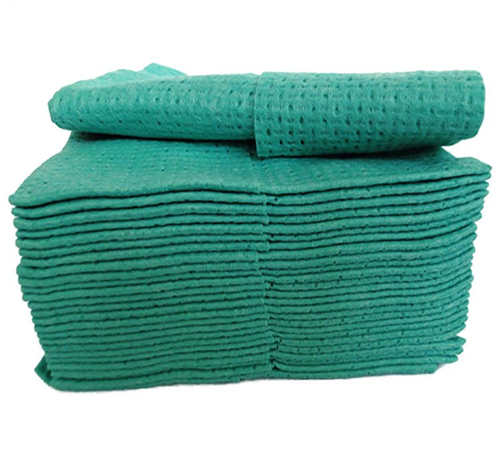
Types of Wholesale Nonwoven Fabric
Wholesale nonwoven fabric has become a popular cleaning solution due to its benefits in terms of cost, durability, and absorbency. There are three main types of wholesale nonwoven fabric, each having different characteristics and uses.
Spunlace Nonwoven Fabric
Spunlace nonwoven fabric is made by entangling fibers together under high-pressure water jets. This creates a soft and smooth material that is ideal for wiping delicate surfaces. Spunlace nonwoven fabric is widely used in the beauty and healthcare industry due to its gentle texture. It is also commonly used in high-end restaurants and hotels for cleaning glassware and cutlery.
SMS Nonwoven Fabric
SMS nonwoven fabric is made by combining three layers of polypropylene material. It is a highly durable material that is resistant to tearing and puncturing, making it ideal for heavy-duty cleaning jobs. SMS nonwoven fabric has a high level of absorbency and is commonly used in industrial or manufacturing settings where spills and leaks are frequent. It is also used in hospitals and clinics as surgical gowns, face masks, and disposable bed sheets.
Needlepunch Nonwoven Fabric
Needlepunch nonwoven fabric is made by punching fibers through a thin layer of sheet material using a series of needles. This creates a thicker and denser material that is highly absorbent, making it ideal for cleaning tasks that require high levels of absorbency. Needle punch nonwoven fabric is commonly used in the automotive, construction, and agriculture industries due to its superior strength and durability.
In conclusion, wholesale nonwoven fabric offers a variety of benefits that make it a popular choice for businesses in the cleaning industry. The various types of wholesale nonwoven fabric can cater to different cleaning needs, making it a versatile solution. By purchasing in bulk, businesses can save costs and reduce waste while maintaining high cleanliness standards.
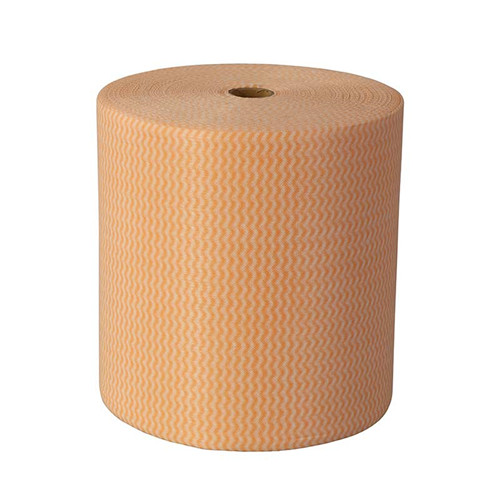
Factors to Consider When Choosing Wholesale Nonwoven Fabric
When choosing wholesale nonwoven fabric, there are several factors that businesses need to take into account. These factors can affect the quality and suitability of the fabric for specific cleaning jobs.
Thickness and Weight
The thickness and weight of the nonwoven fabric can affect its durability and absorbency. Thicker fabrics are more durable and can handle heavy-duty cleaning tasks, while lighter fabrics are easier to maneuver and are suitable for lighter cleaning tasks. Businesses should consider the cleaning needs of their operations to determine the appropriate thickness and weight that they require.
Fiber Composition and Softness
The fiber composition of the nonwoven fabric has an impact on its softness and texture. Some fabrics may be rough and abrasive, while others are smoother and gentler on delicate surfaces. The softness and texture of the fabric can impact its suitability for specific cleaning tasks. For instance, a softer fabric may be more suitable for cleaning electronic devices, while a rougher fabric may be better suited for scrubbing tough stains.
Color and Printing Options
Nonwoven fabrics come in a range of colors, and some also offer printing options. Consider the visual appeal of the fabric and how it fits with the branding needs of the business. For instance, if a business wants to use the fabric for promotional cleaning products, then printing options can help to enhance the branding message.
In conclusion, when choosing wholesale nonwoven fabric, businesses need to consider factors such as thickness, fiber composition, and color options to ensure that it is suitable for their cleaning needs. By selecting the right fabric, businesses can maintain high cleanliness standards while reducing costs and waste.
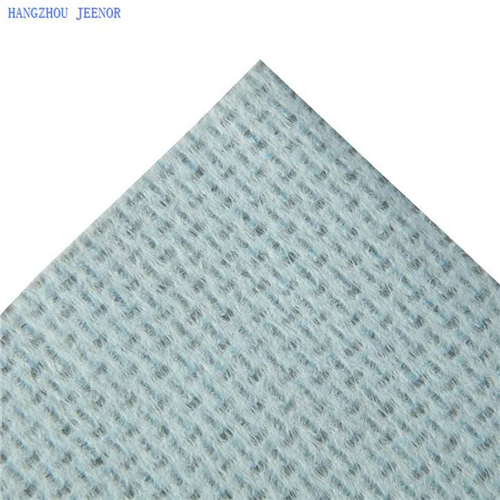
Applications of Wholesale Nonwoven Fabric
When it comes to cleaning and hygiene, nonwoven fabric has proven to be a versatile and cost-effective solution for businesses. The unique structure of nonwoven fabric provides excellent absorbency, durability, and softness, making it ideal for various applications.
Shop and Restaurant Wiping and Cleaning
Wholesale nonwoven fabric is suitable for cleaning and wiping surfaces in shops, restaurants, and other businesses that require regular maintenance. The thickness and weight of the fabric can be adjusted depending on the cleaning task, making it an efficient and cost-effective cleaning solution. The softness and texture of nonwoven fabric also make it gentle enough to use on delicate surfaces such as glassware and electronics.
Food Service and Packaging
The use of nonwoven fabric in food service and packaging has been gaining popularity due to its excellent absorbency and hygiene properties. Nonwoven fabric can be used as a liner for food packaging to prevent moisture and odor buildup, extending the shelf life of products. It can also be used as a protective layer in food storage to prevent contamination from bacteria and other harmful elements.
Medical and Hygiene Products
Nonwoven fabric has become an essential component in the production of medical and hygiene products such as face masks, surgical gowns, and disposable diapers. The softness and absorbency of nonwoven fabric make it comfortable and effective for use in sensitive areas of the body. Moreover, the non-porous nature of nonwoven fabric prevents the growth and spread of bacteria and viruses, making it a vital tool in promoting public health.
In conclusion, wholesale nonwoven fabric has a wide range of applications in various industries and businesses. Its versatility, durability, and softness make it suitable for cleaning, packaging, and hygiene. Businesses can benefit from the cost-effectiveness and efficiency of nonwoven fabric, making it a valuable investment in maintaining high cleanliness standards while minimizing costs and waste.
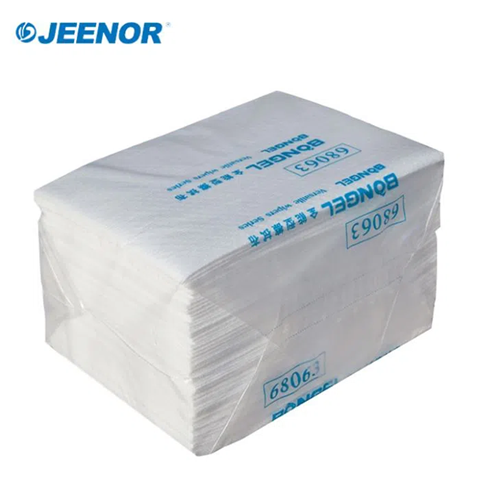
Quality Control and Compliance Standards in Wholesale Nonwoven Fabric Manufacturing
Wholesale nonwoven fabric is a versatile and cost-effective solution for businesses in various industries. To ensure the quality and safety of nonwoven fabric, manufacturers must comply with strict quality control and compliance standards.
ISO and EN Standards
Nonwoven fabric manufacturing companies must adhere to the International Organization for Standardization (ISO) and European Committee for Standardization (CEN) standards for quality control. These standards ensure that the nonwoven fabric is produced consistently and meets the necessary performance requirements. The ISO and EN standards also cover aspects such as testing methods, environmental impact, and material composition, ensuring that nonwoven fabric is safe and suitable for its intended use.
OEKO-TEX Certification
In addition to ISO and EN standards, many nonwoven fabric manufacturing companies obtain OEKO-TEX certification. The OEKO-TEX certification is a globally recognized standard that ensures textile products are free from harmful substances. This certification ensures that the nonwoven fabric is safe for human use and does not contain any hazardous chemicals that can be harmful to the environment.
By complying with these quality control and compliance standards, manufacturers can ensure that their wholesale nonwoven fabric products meet the necessary safety and quality requirements. Businesses can trust that they are using a safe and reliable product that meets industry standards, ensuring that they maintain high cleanliness standards while minimizing costs and waste.
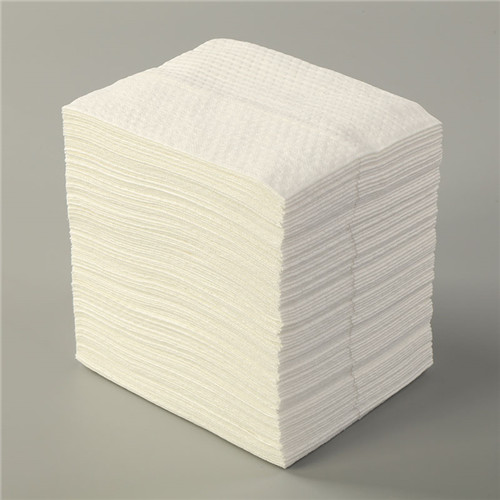
Wholesale Nonwoven Fabric Suppliers and Manufacturers
For businesses looking to purchase wholesale nonwoven fabric, it is important to find a reliable supplier that offers products of high quality and meets industry standards.
Factors to Consider When Choosing a Supplier
When evaluating suppliers, businesses should consider the following factors:
| Factor | Description |
| Experience | Look for suppliers with extensive experience in the nonwoven fabric industry. |
| Quality Control | Ensure that the supplier adheres to industry standards and complies with relevant regulations. |
| Production Capacity | Check whether the supplier can meet your business's specific demands for production volume and lead times. |
| Customization | Consider whether the supplier can meet your specific requirements for customized nonwoven fabric products. |
| Price | Compare prices from different suppliers to ensure that you receive a fair price for quality products. |
| Customer Service | Choose a supplier that provides excellent customer service, including fast response times and clear communication. |
By carefully evaluating suppliers based on these factors, businesses can find a reliable source for high-quality wholesale nonwoven fabric products that meet their specific needs. With the right supplier, businesses can benefit from cost-effective solutions that maintain high cleanliness and quality standards.
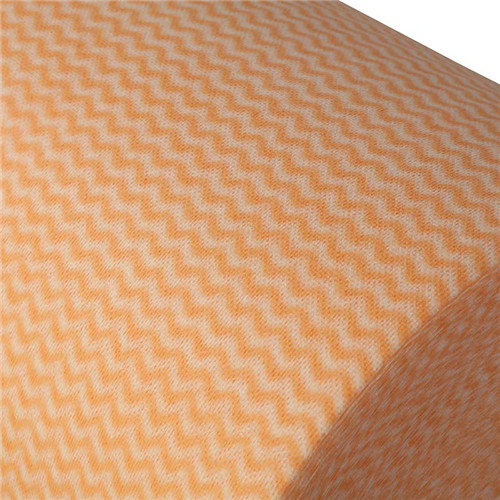
Tips for Efficient Usage and Storage of Wholesale Nonwoven Fabric
For businesses that use wholesale nonwoven fabric as part of their operations, it is important to know how to handle, use, and store these products efficiently to maximize their benefits and ensure their longevity.
Proper Handling and Disposal
When handling nonwoven fabric, it is crucial to follow best practices to avoid damage or contamination. Proper handling includes:
• Inspecting the product upon arrival to ensure it meets your business's quality standards
• Using clean equipment when handling or cutting the fabric to avoid contamination
• Following proper disposal procedures to minimize waste and reduce your business's environmental impact
Optimizing Usage and Reducing Wastage
Effective usage and storage practices can help your business maximize the benefits of nonwoven fabric and reduce wastage. Consider the following:
• Organizing your warehouse or storage area to minimize handling and improve accessibility
• Using cutting equipment and techniques that minimize wastage and maximize yield
• Properly storing the fabric in clean, dry, and cool conditions to prevent damage or contamination
• Auditing your usage patterns to optimize inventory management and adjust purchasing decisions accordingly
By implementing these tips, your business can ensure that wholesale nonwoven fabric is used efficiently and effectively to support your operations and deliver cost-effective solutions.

